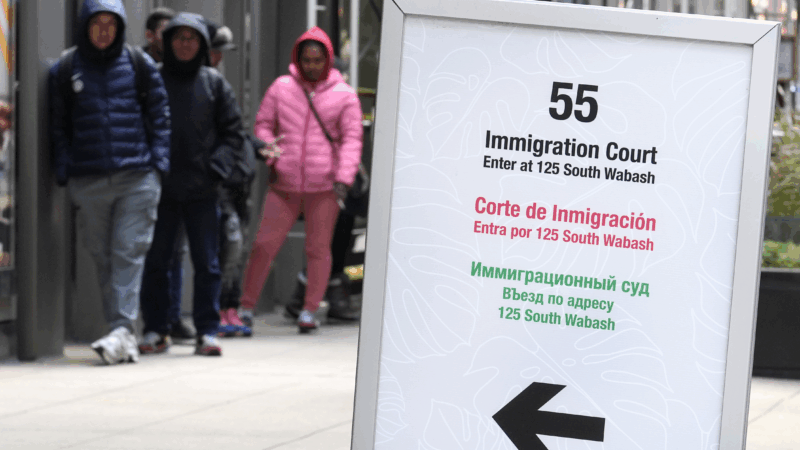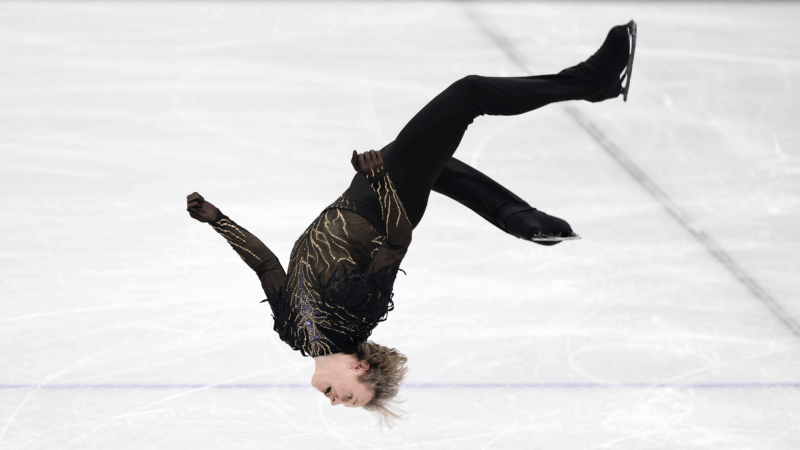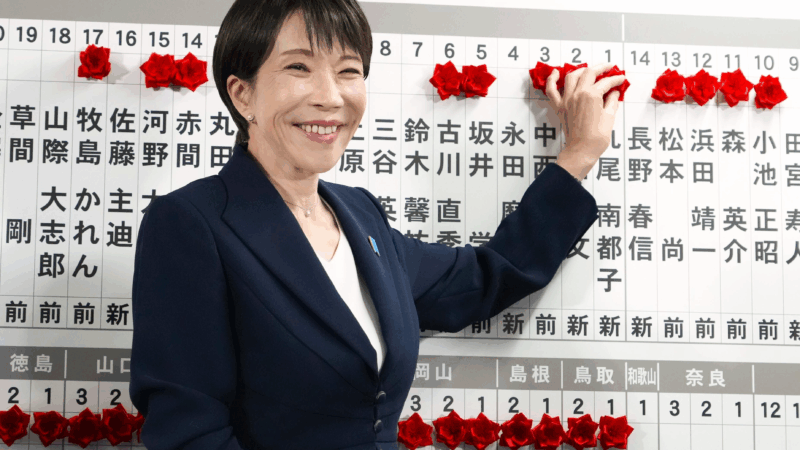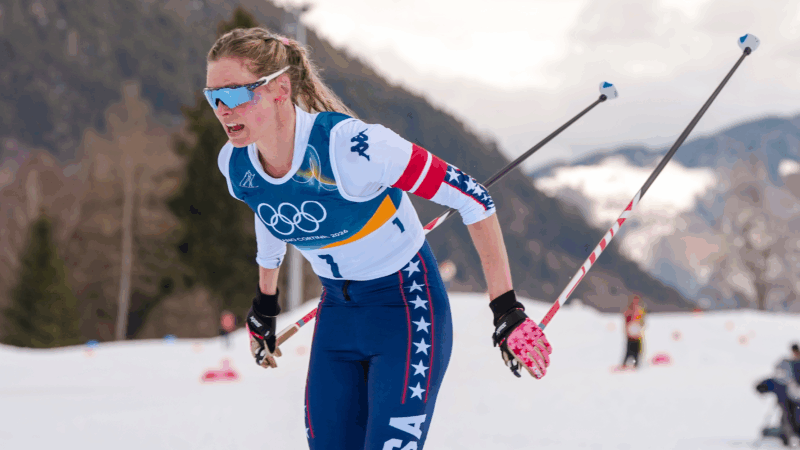Bloody Sunday: A Commemoration and a Challenge
An estimated 15,000 thousand people, including members of Congress and Vice President Joe Biden, marched across a bridge in Selma, Alabama, Sunday, to reenact what’s known as “Bloody Sunday.” In 1965, civil rights protesters attempted to march from Selma to Montgomery but were quickly met by police billy clubs and tear gas. Bloody Sunday galvanized support for the Voting Rights Act at that time. While the commemoration is an annual event, this year’s comes just days after the U.S. Supreme Court heard a challenge to a portion of the law.
The Voting Rights Act in Court
Last week, justices heard a challenge brought by Shelby County, Alabama, over part of the Voting Rights Act. It’s a provision which requires nine states, including Alabama, and portions of seven others, to get permission from the Justice Department before making changes to voting regulations. The requirement includes anything from how district lines are drawn to where polling places are located. The law is intended to prevent discrimination in places with a history of such practices, but Alabama officials argue that section is cumbersome and no longer necessary.
Questions asked by the court’s conservative justices lead some observers to suggest this part of the Voting Rights Act could be struck down. A ruling could come in June.
In Selma, the Supreme Court is front of mind, as speaker after speaker alludes to the case.
Marchers Insist Protections Still Needed
Proponents of the law say voting rights still need to be protected. Gwendolyn Ferreti with the Hispanic Interest Coalition of Alabama, says some county registrars in the state are asking extra, unnecessary questions of naturalized citizens when registering. Latino voters are viewed with suspicion.
“This is something we shouldn’t be doing. We shouldn’t be limiting people’s access to vote. We should be trying to encourage as many people who are eligible to vote to do so.”
Marchers sing familiar anthems of the civil rights movement, their voices bumping up against the roar of police motorcycles. This time police clear the way for the marchers as they stream onto the bridge. Some are small children carried by parents. Others return to the spot where they were bloodied 48 years ago.

The weight of this event isn’t lost on Justin Dunn. He’s a student at Valparaiso University in Indiana who is here on a school trip.
“Walking across it was really powerful. We’ve had a lot of sessions where we talked about what happened here on Bloody Sunday so that made it a lot more intense. And you know. This has been a great experience.”
Carolyn Doyle King’s experience as a student at this bridge is different. She wears a homemade sign over her shoulders held together by pink ribbon. It declares “Foot Soldier — I was here in 1965.” She is not happy the Voting Rights Act is under scrutiny by the courts.
“We can’t do that. We can’t go back. It shouldn’t even be a question of taking back any of that. We should be pushing forward and pushing ahead.”
Not surprisingly her viewpoint is echoed often among those gathered in Selma. However, the future of the Voting Rights Act will be determined far away from here, by the nine men and women of the U.S. Supreme Court.
~ Andrew Yeager, March 4, 2013
Nancy Guthrie search enters its second week as a purported deadline looms
"This is very valuable to us, and we will pay," Savannah Guthrie said in a new video message, seeking to communicate with people who say they're holding her mother.
Immigration courts fast-track hearings for Somali asylum claims
Their lawyers fear the notices are merely the first step toward the removal without due process of Somali asylum applicants in the country.
Ilia Malinin’s Olympic backflip made history. But he’s not the first to do it
U.S. figure skating phenom Ilia Malinin did a backflip in his Olympic debut, and another the next day. The controversial move was banned from competition for decades until 2024.
Japan’s Takaichi to pursue conservative agenda after election landslide
Japan's first female Prime Minister, Sanae Takaichi, brought the ruling Liberal Democratic Party its biggest-ever electoral victory, fueling her ambitions to pursue to a political agenda which she says could "split public opinion."
Olympic COVID restrictions are gone, but some athletes are still self-quarantining
For most people, the pandemic days of masking are behind them. In certain corners of the Winter Olympics, though, things still look a lot like they did in COVID times. Some athletes are taking extreme measures to stay healthy.
Mikaela Shiffrin has battled grief, PTSD and freak injury. Now come the Olympic Games
Shiffrin became a celebrity at 18 years old after becoming the youngest-ever skier to win Olympic slalom gold. Since then, she has faced grief, PTSD and freak injury — yet she is ready to bounce back.






